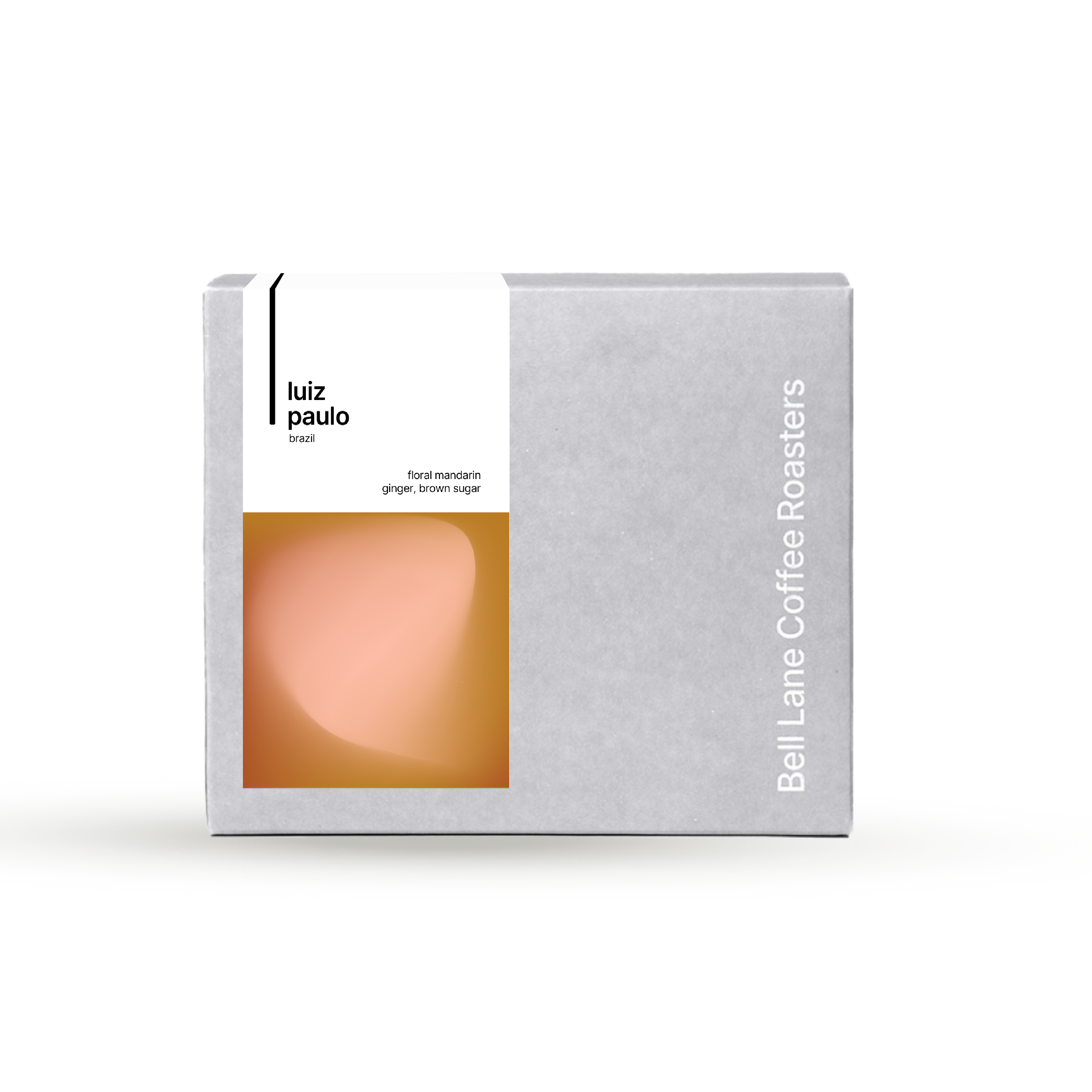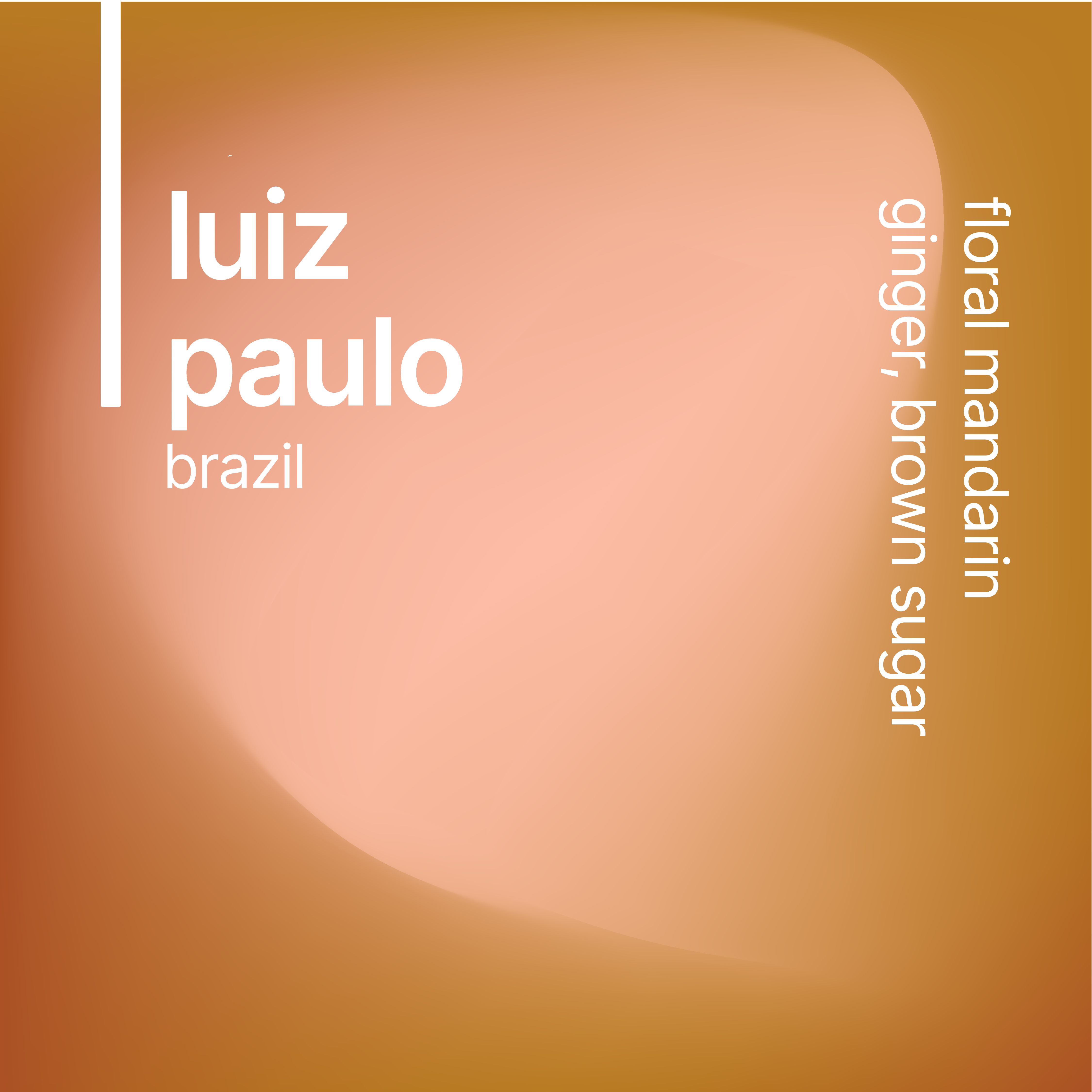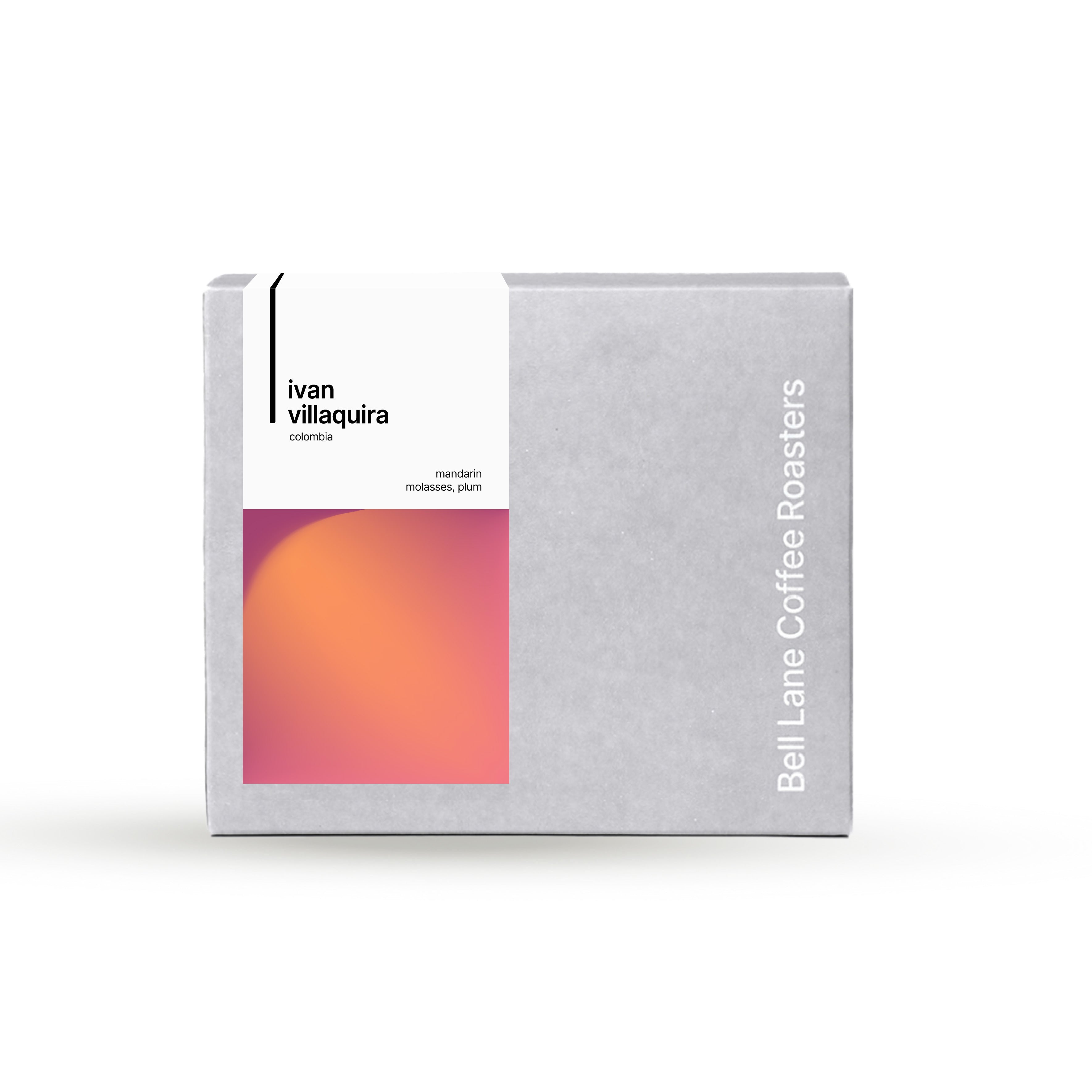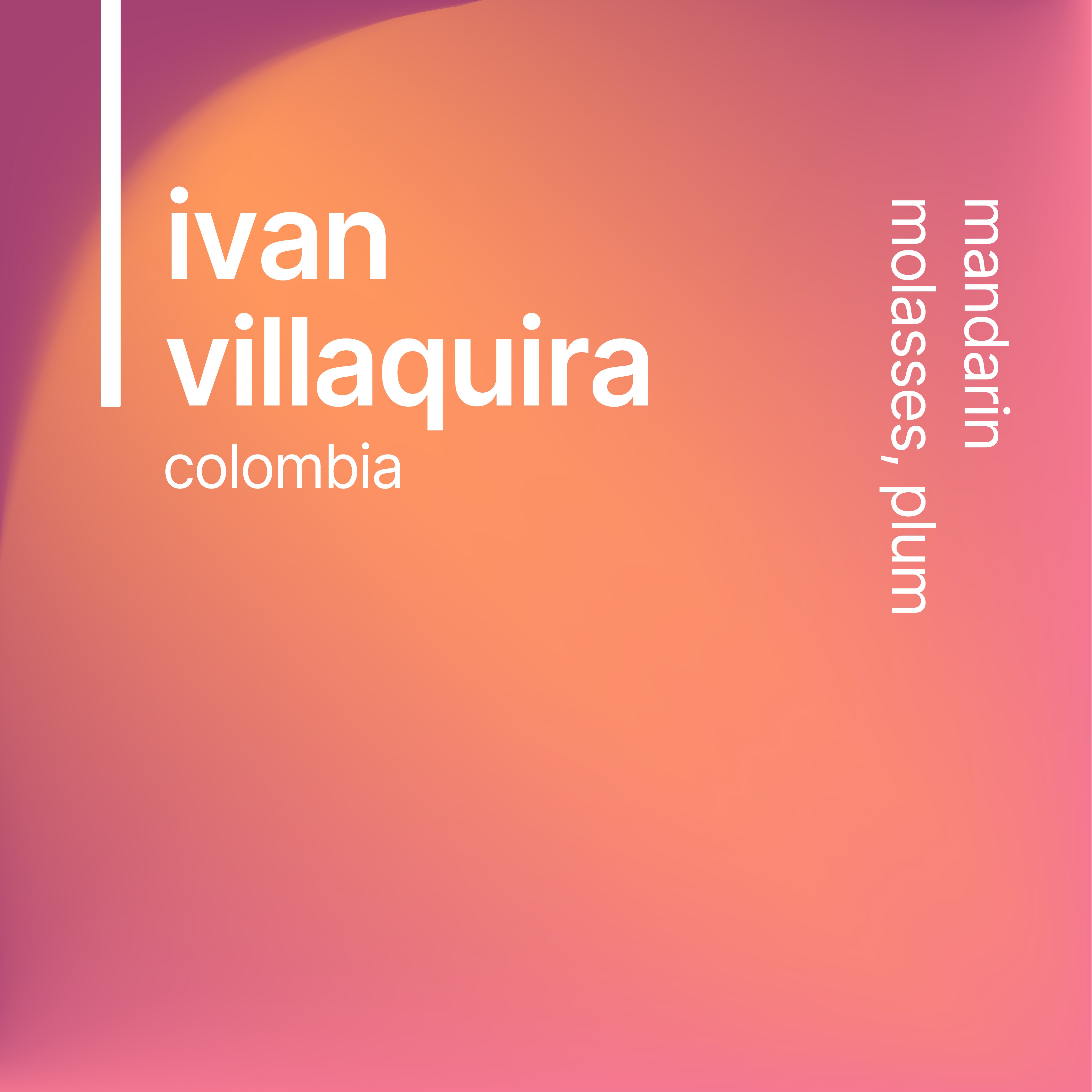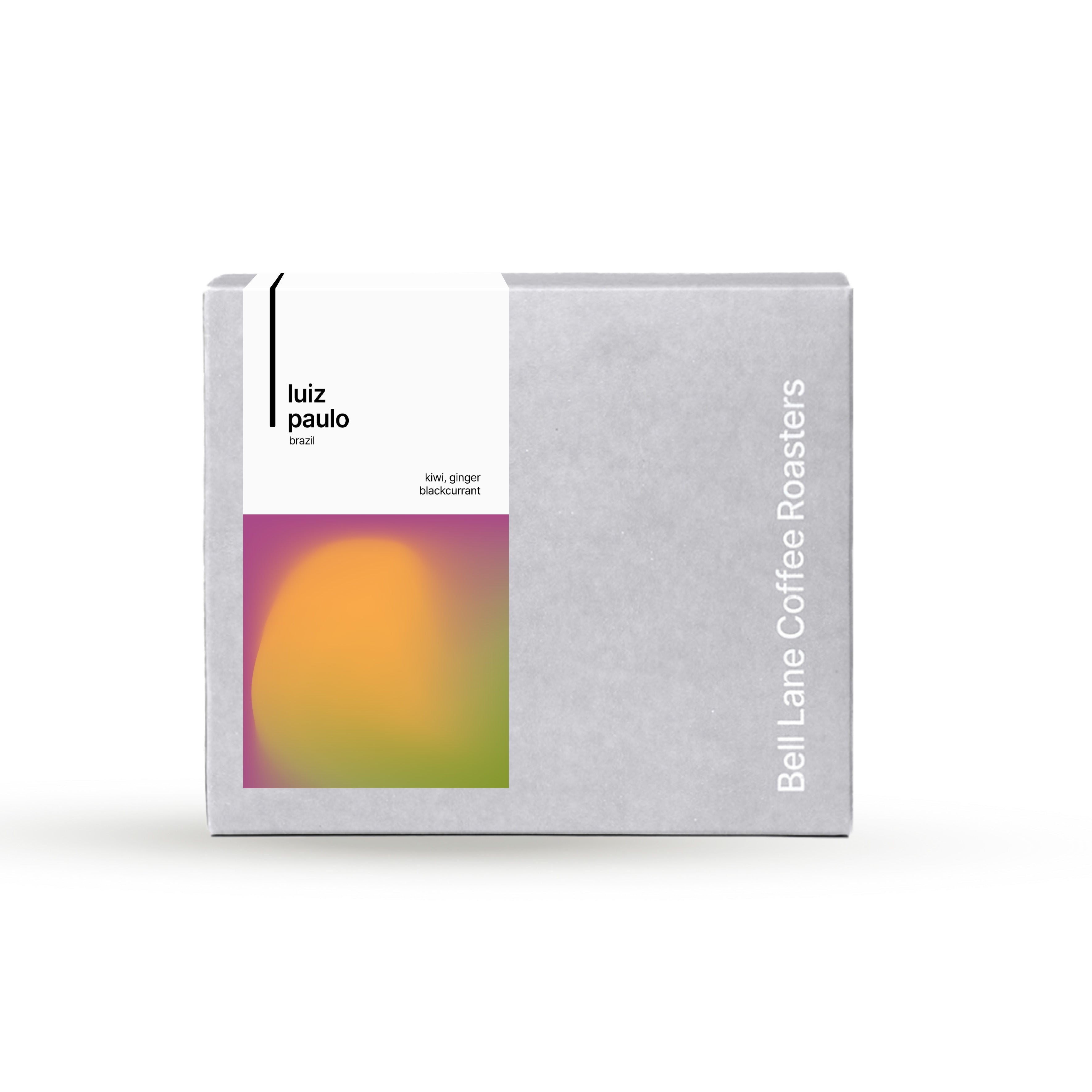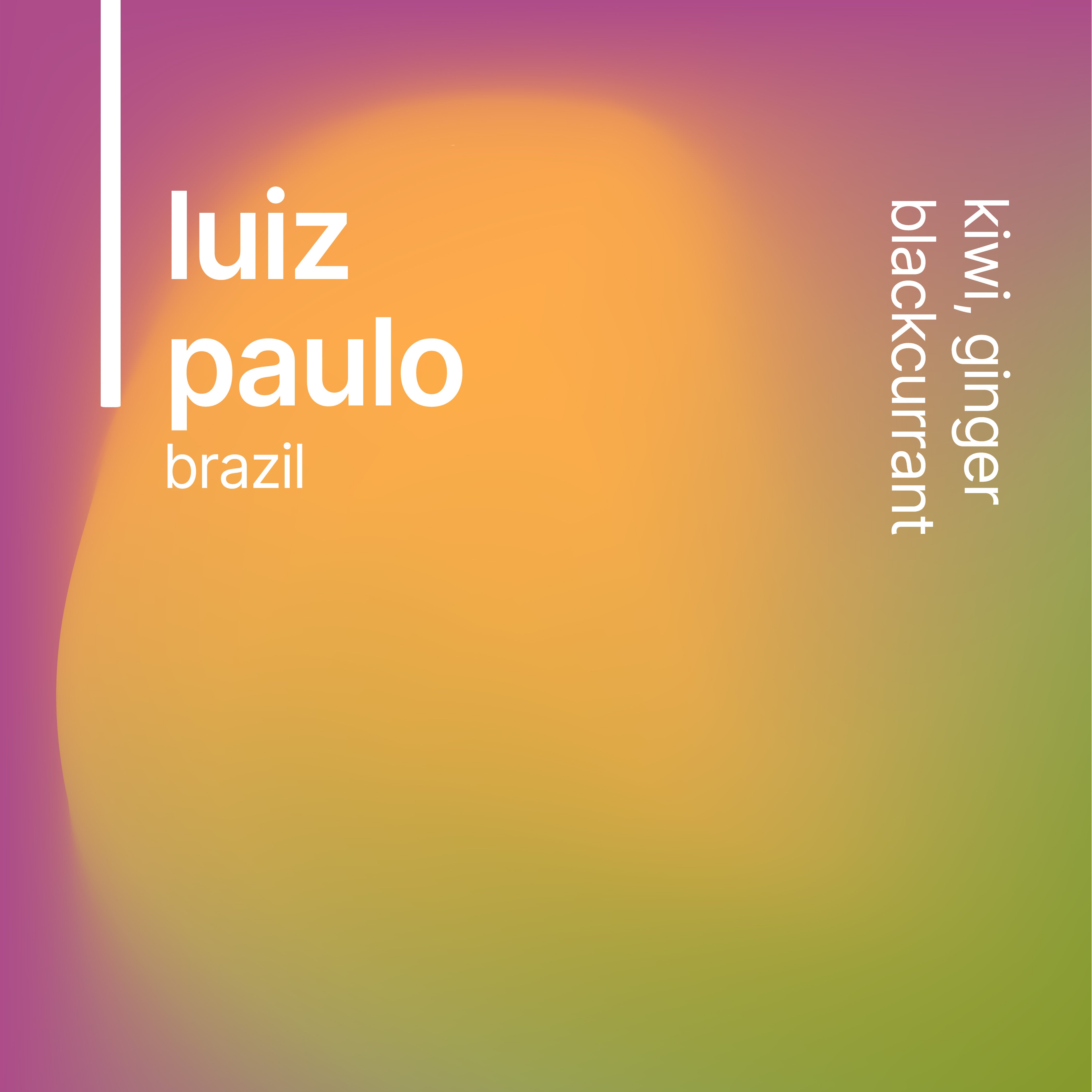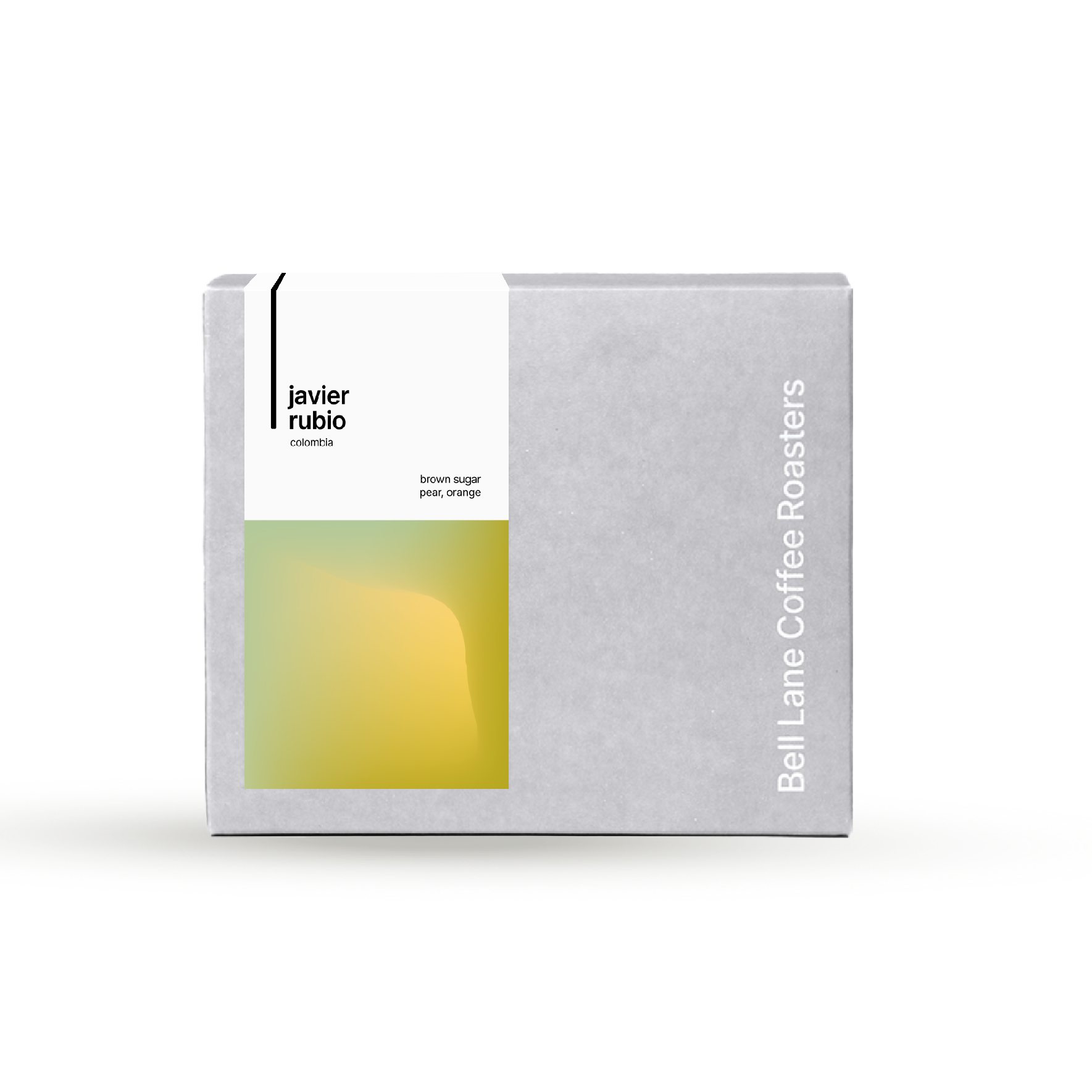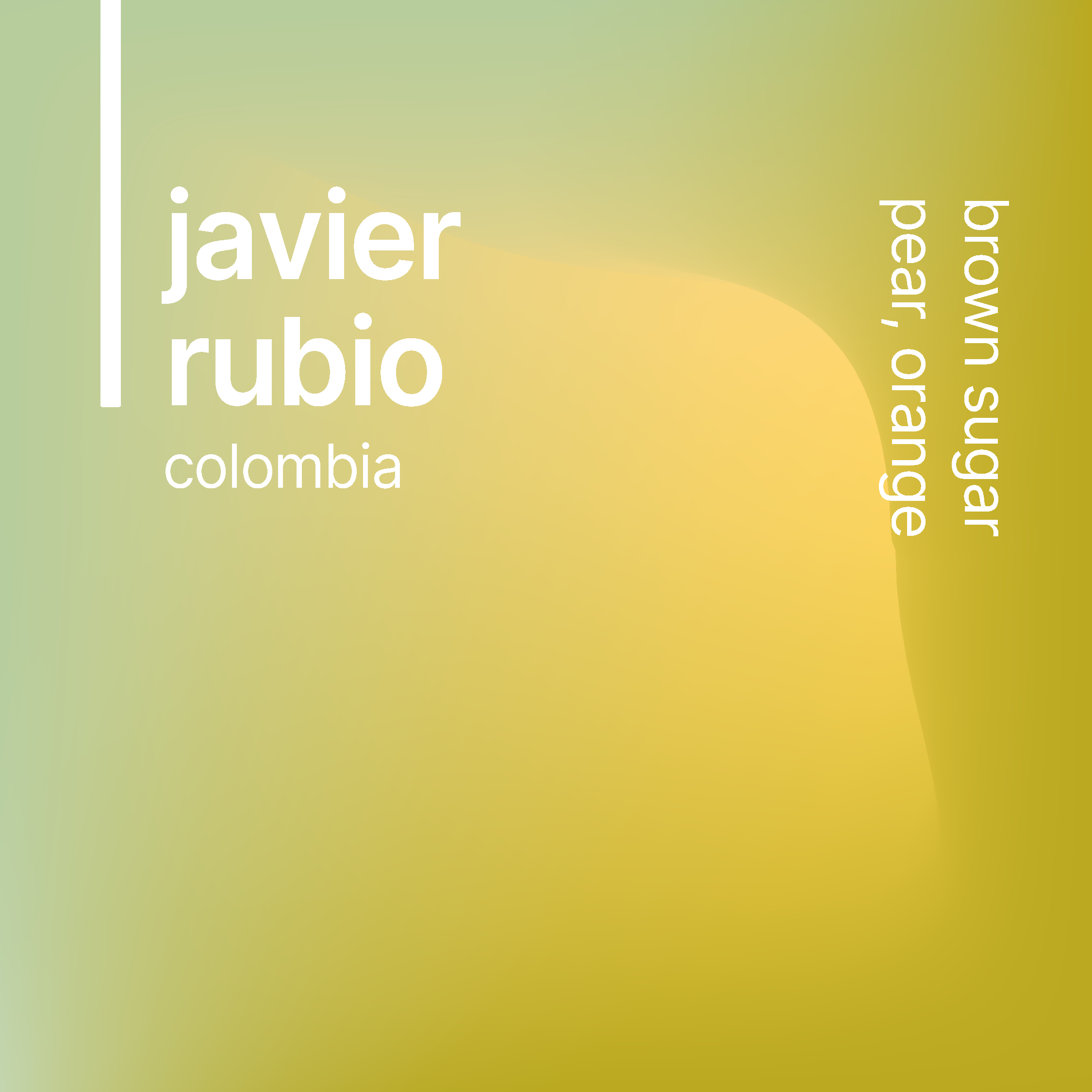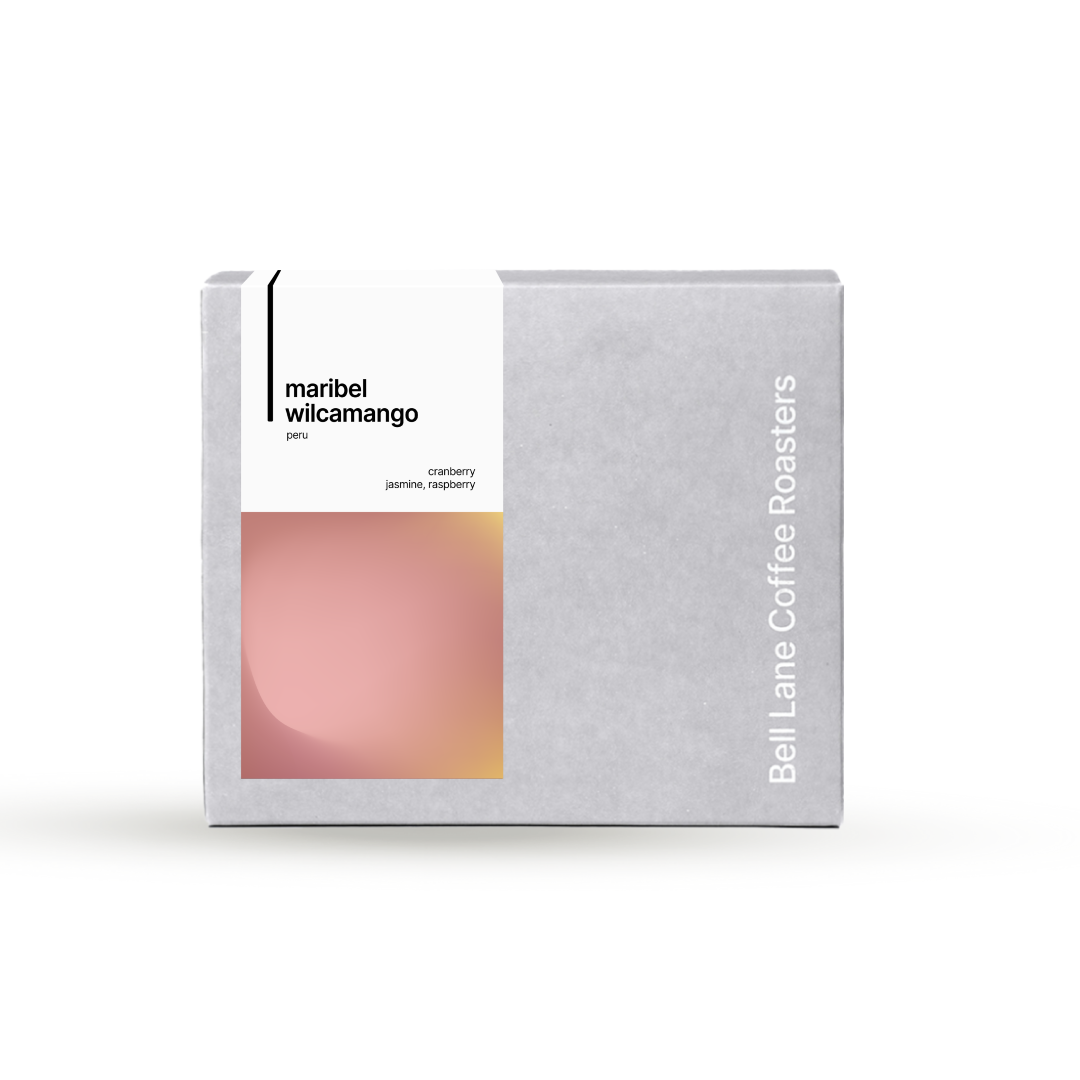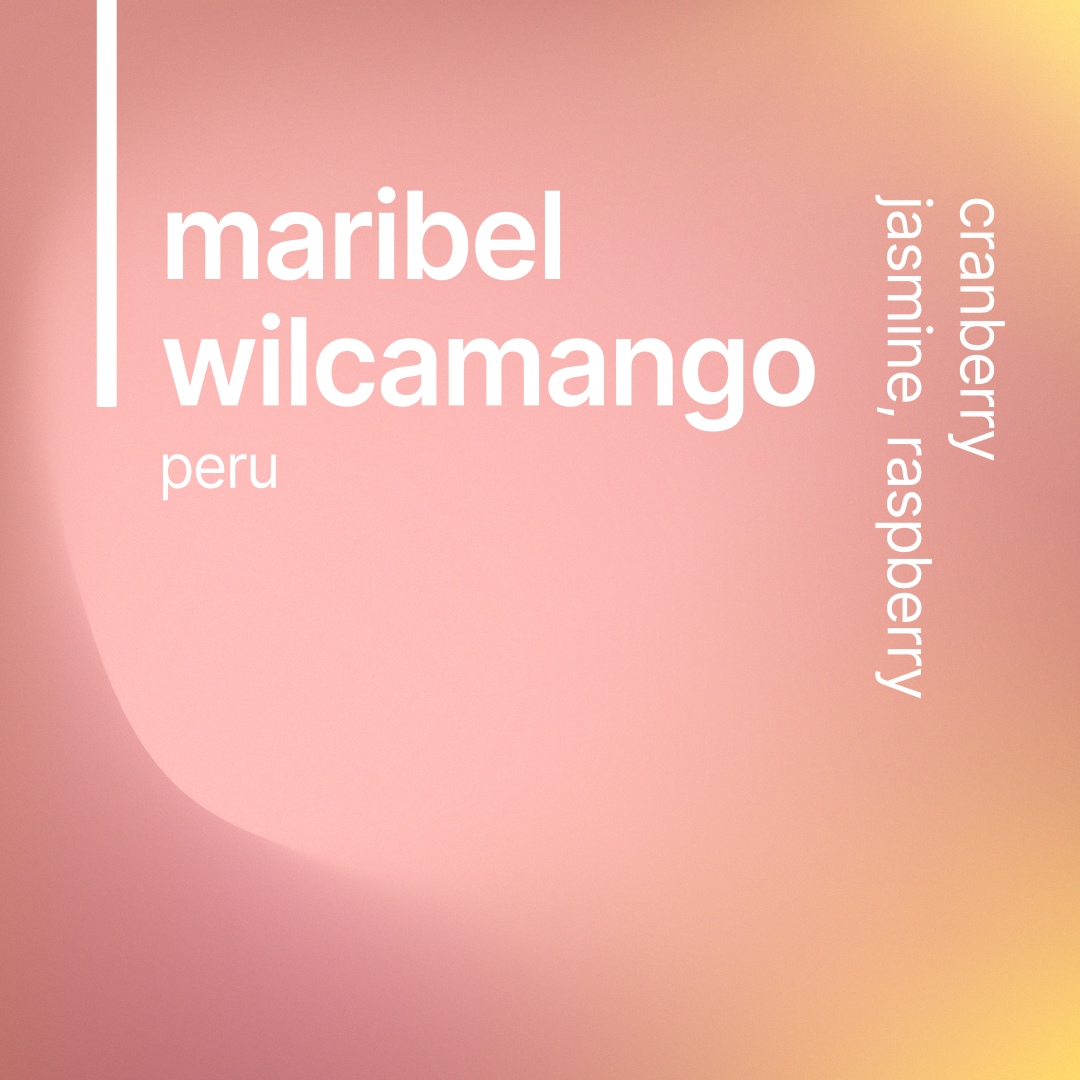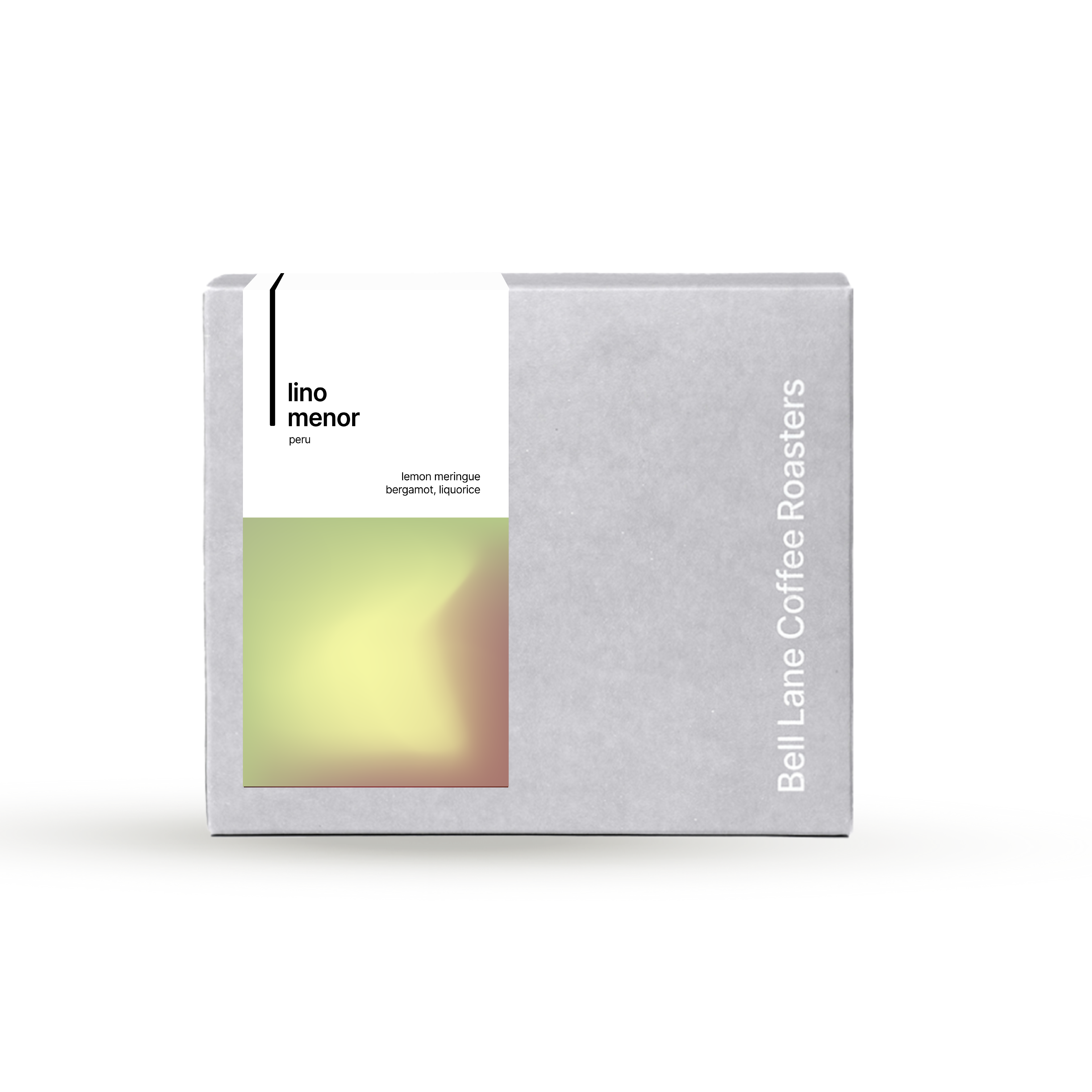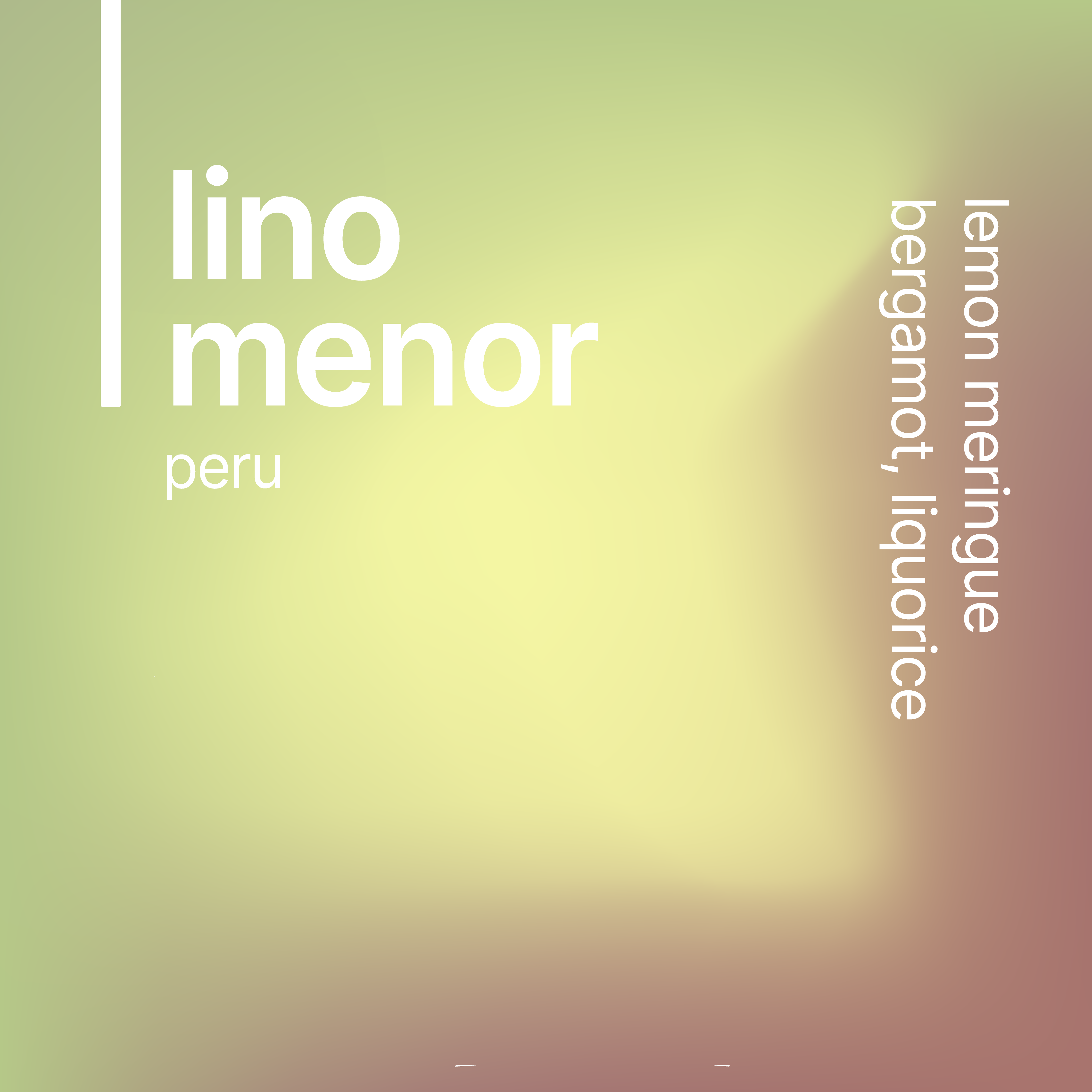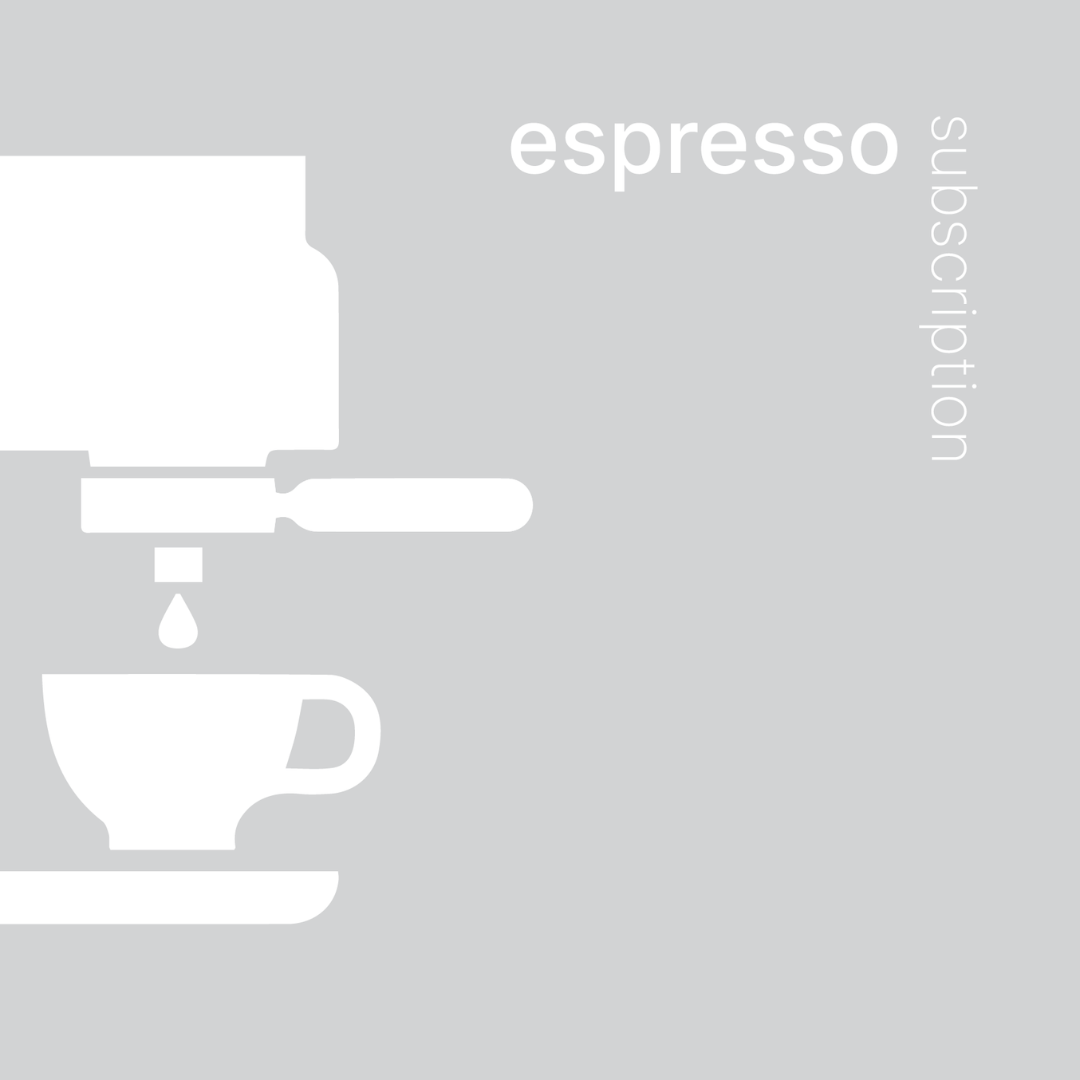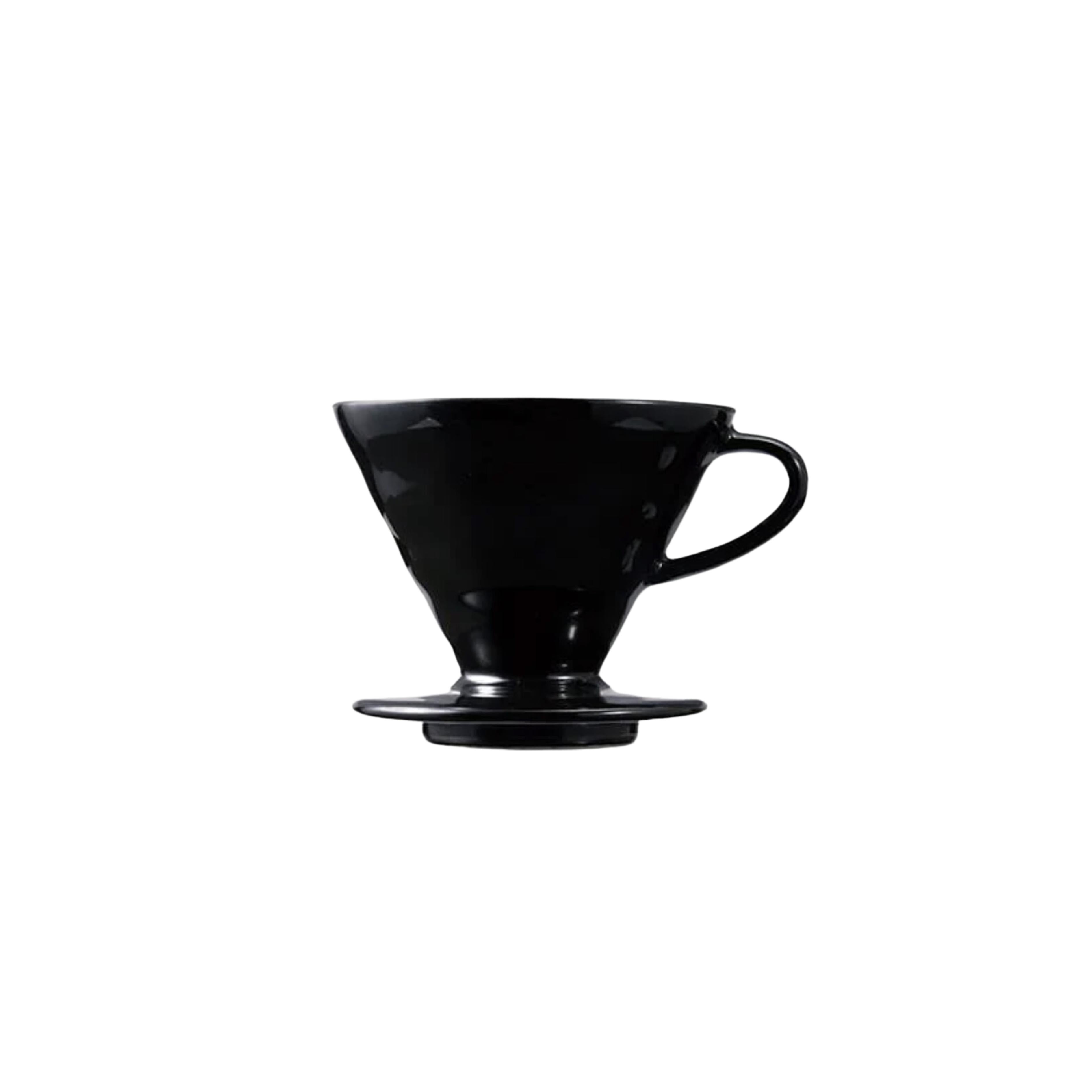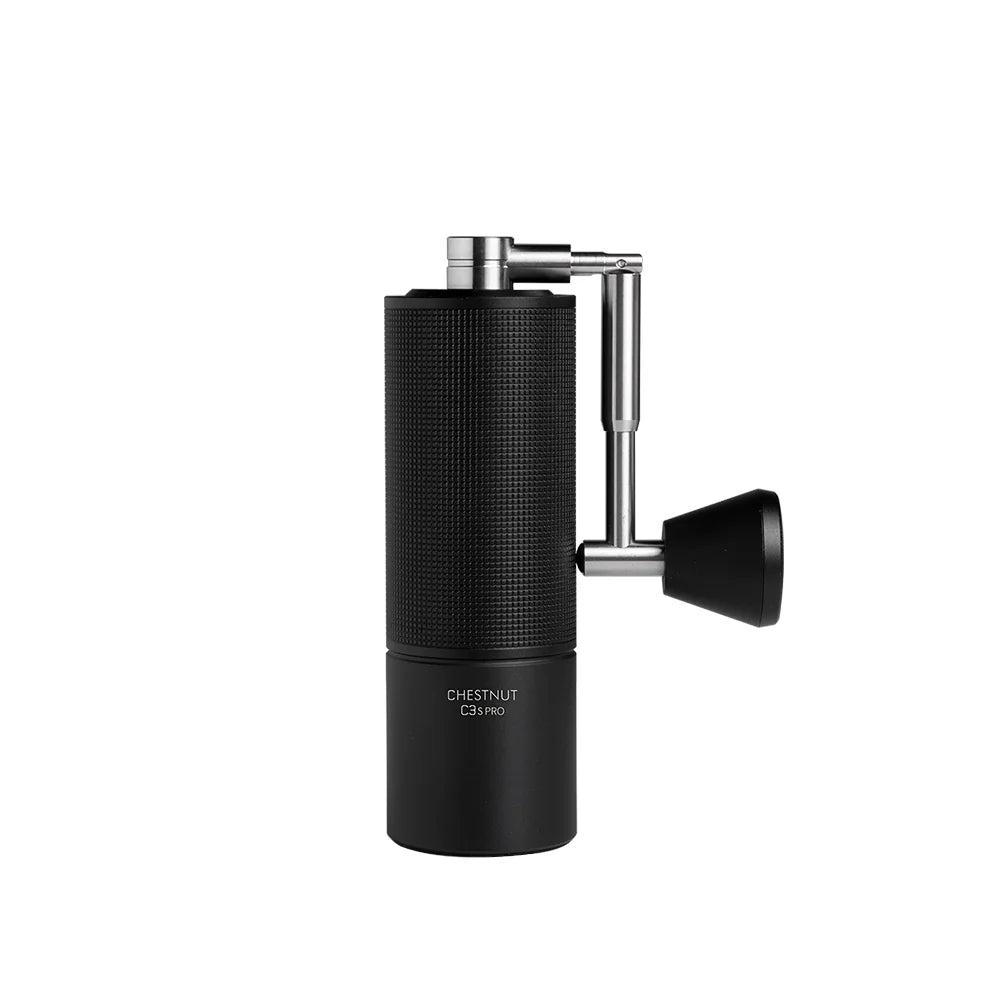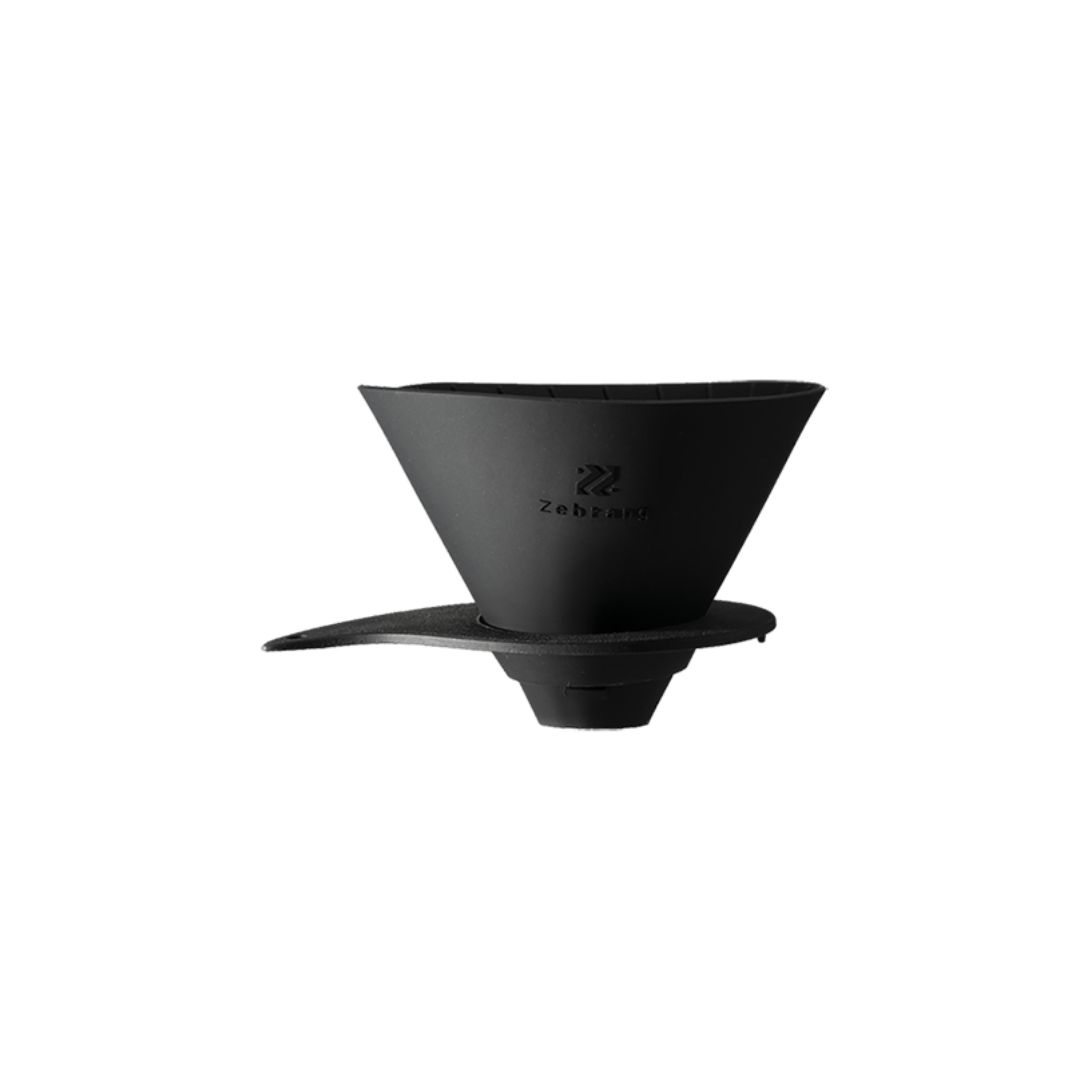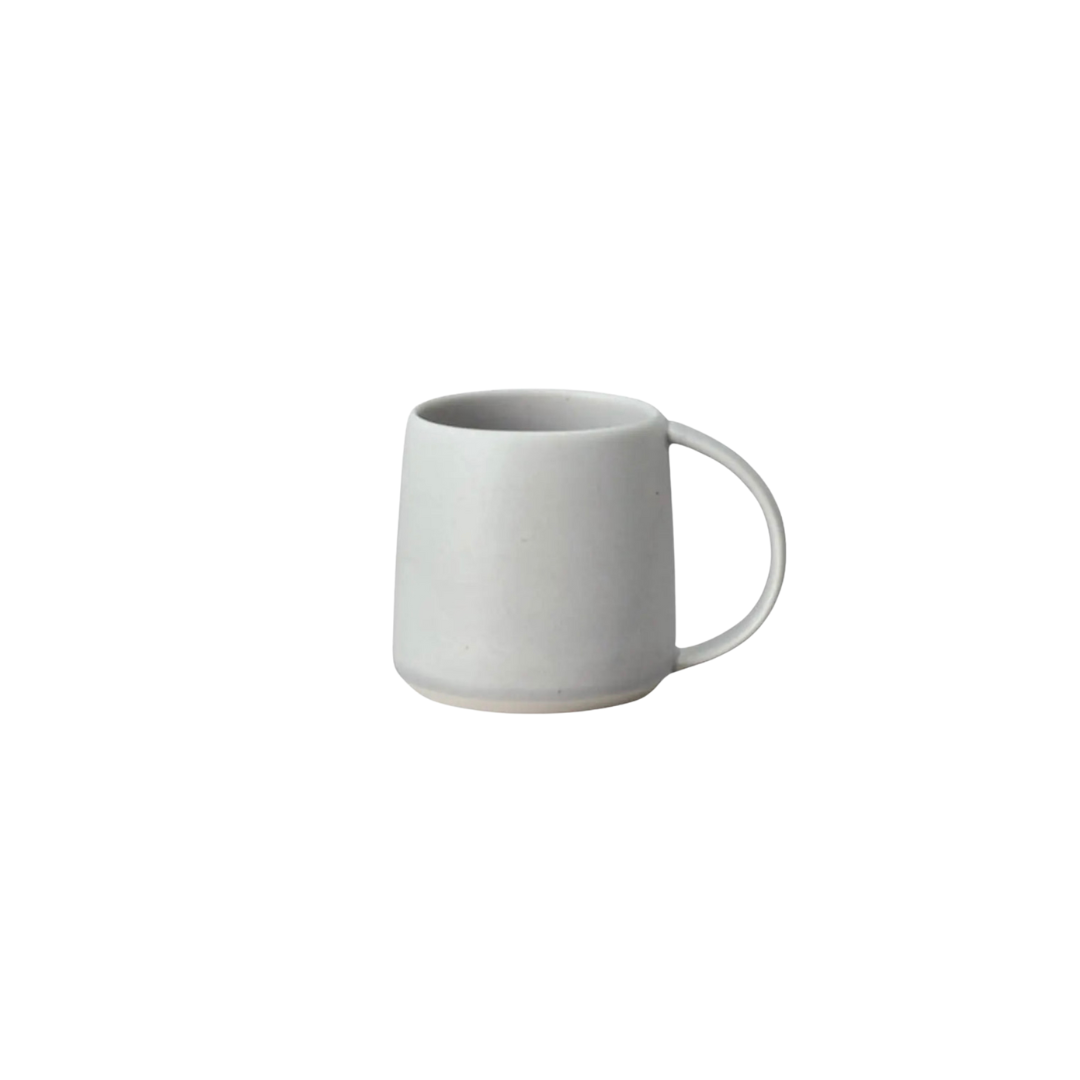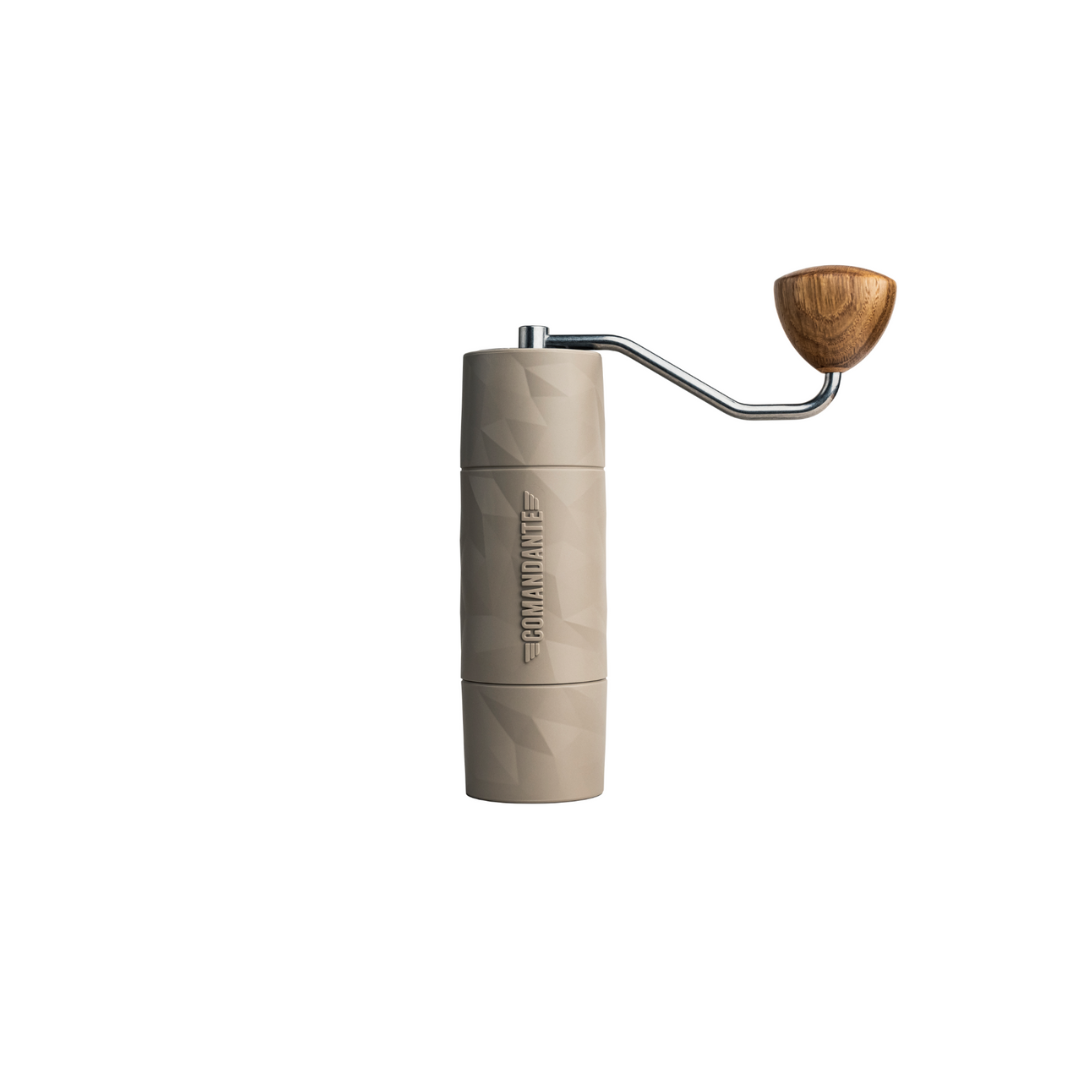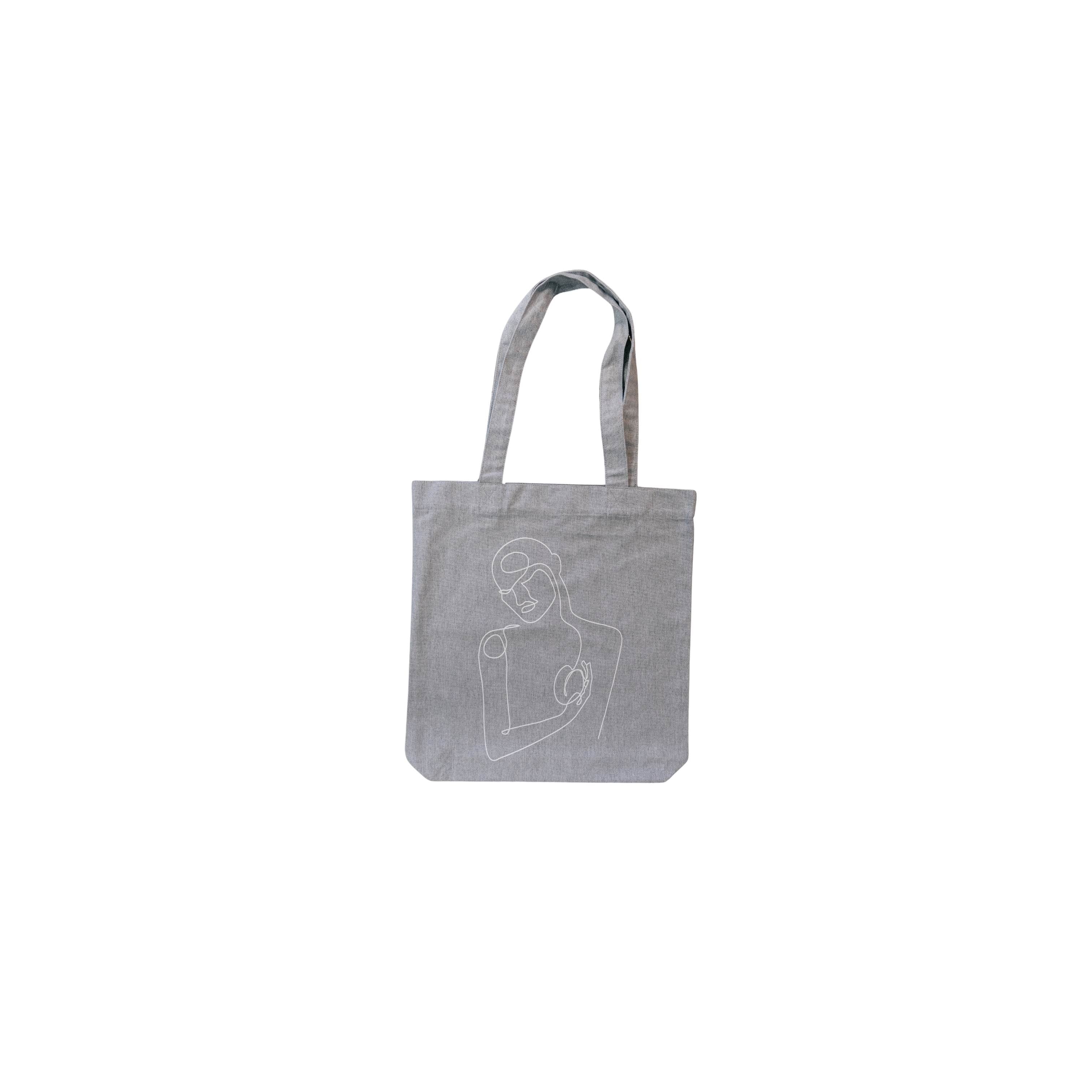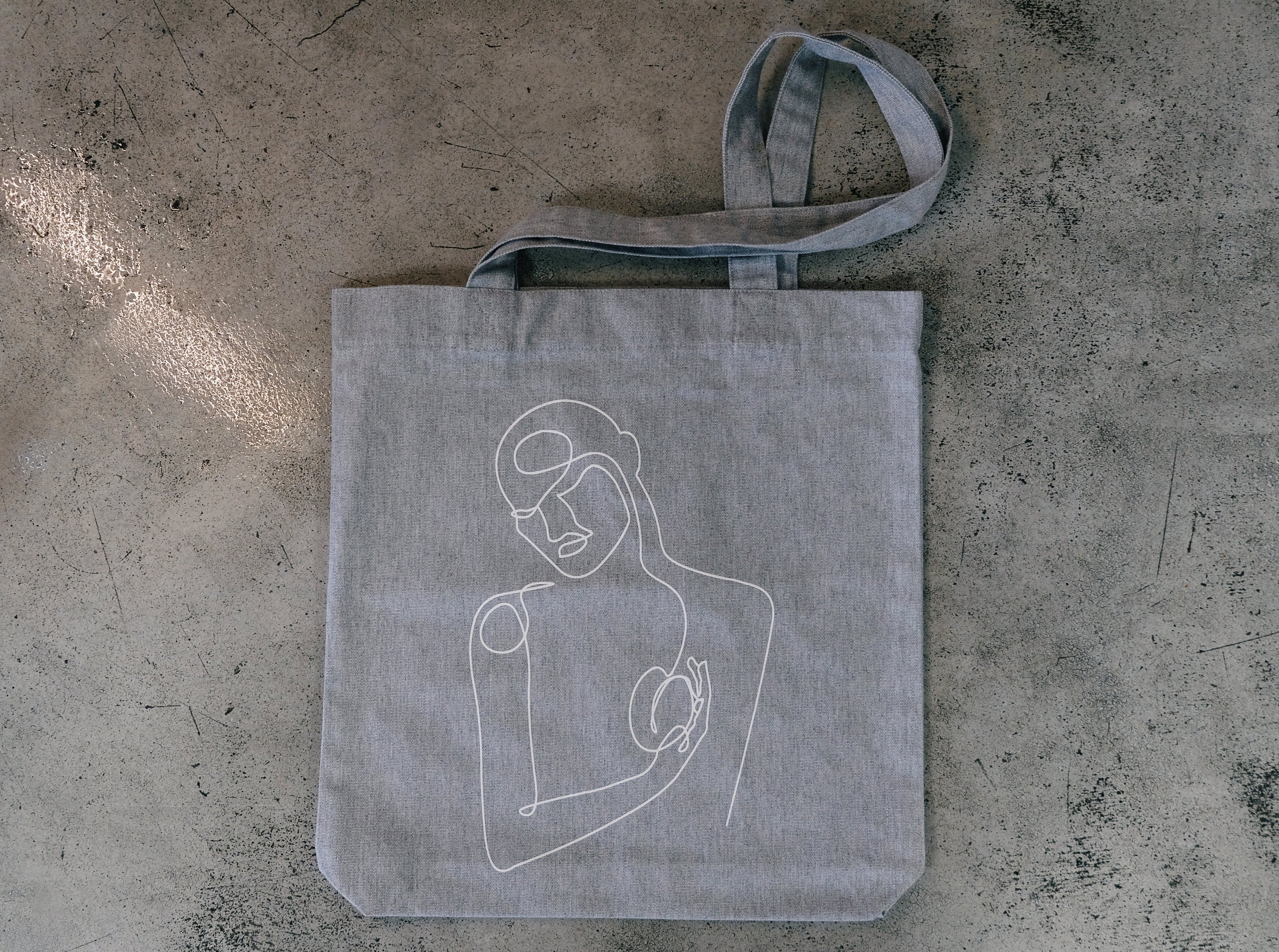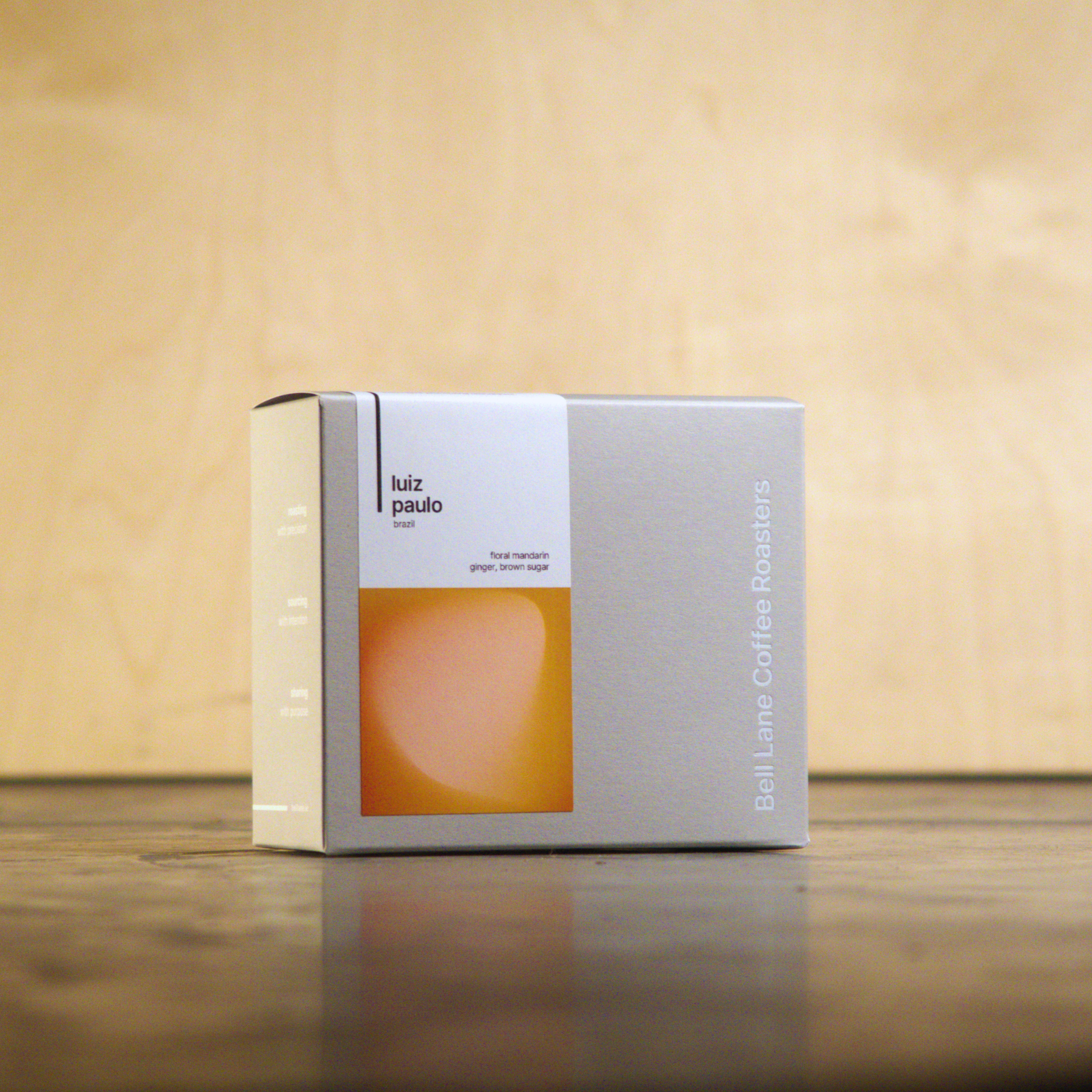
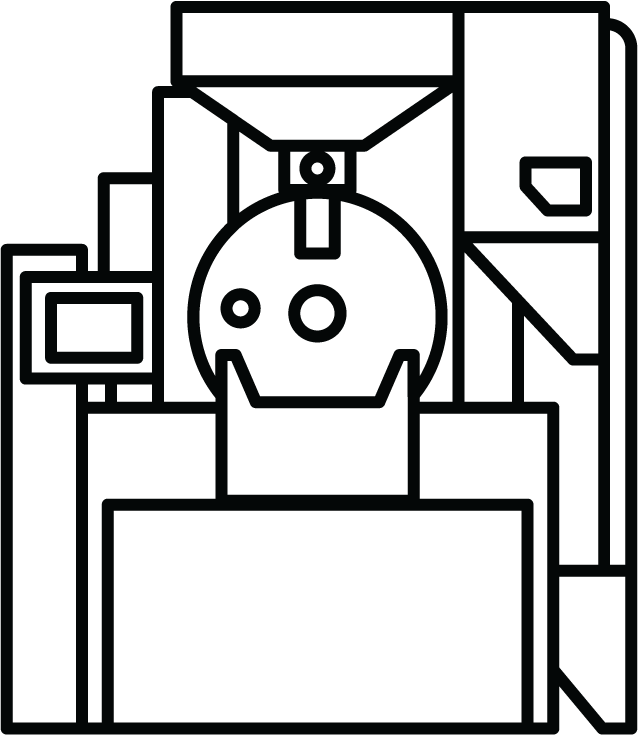
roasting since 2012

coffee in colour
Our labels are designed to reflect the tasting experience at a glance. Each colour is drawn from the tasting notes, giving an immediate sense of flavour. Linework represents the structure of the cup—whether notes are distinct or integrated—while brightness reflects the brew method, from filter to espresso.
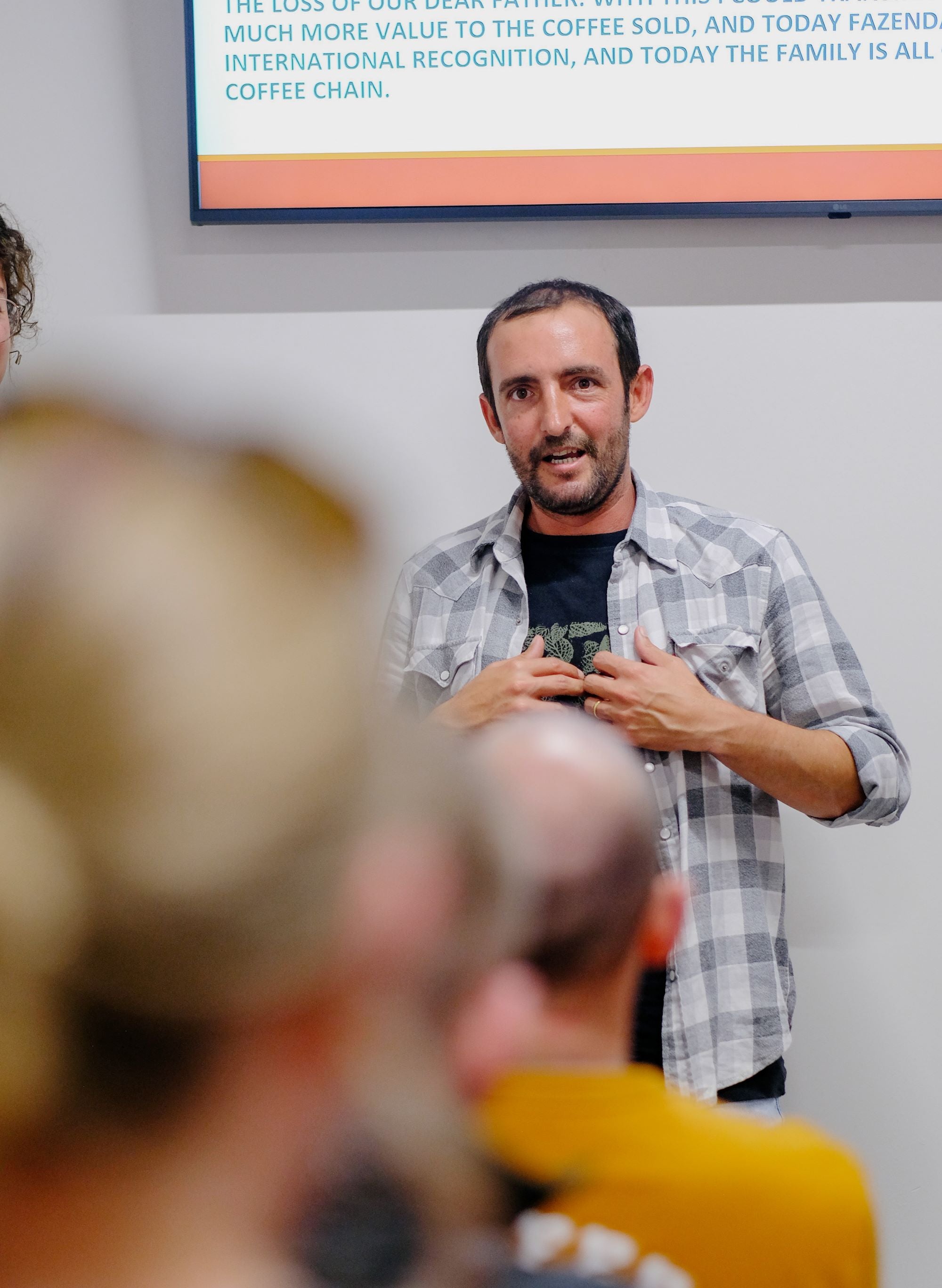
our story
Since 2012, our coffee story has unfolded as a journey of constant learning and improvement. Building genuine relationships with coffee producers is at the heart of everything we do. We believe these connections matter because they mean better coffee for you and a positive impact on the communities we source from.
We partner with producers we know and trust, ensuring quality throughout every step of the roasting process. We meticulously roast beans to their full potential, honouring the hard work and dedication of skilled producers, resulting in a delicious cup that reflects the unique character of each origin.
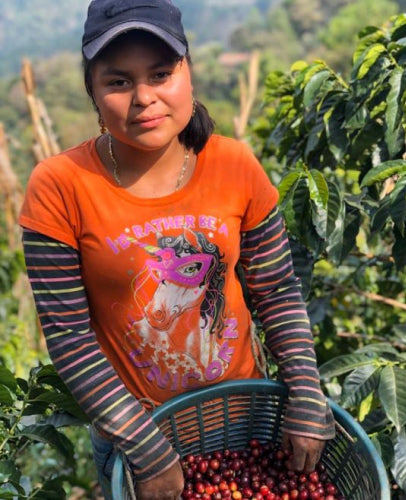
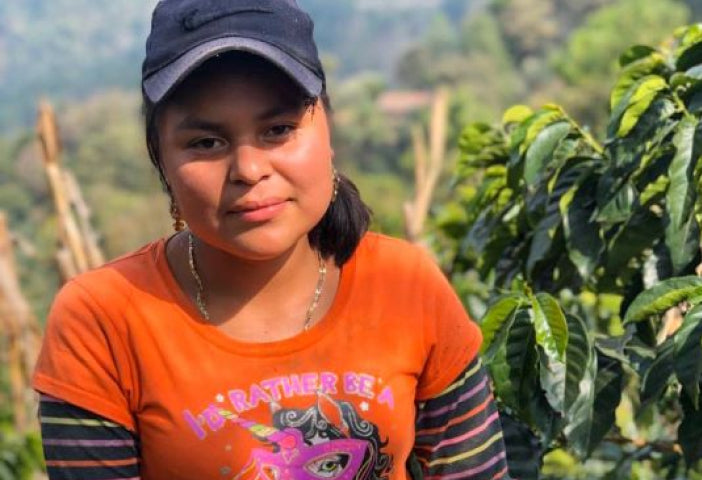
community
Our partnerships are built on the principles of honesty, sustainability, and supporting coffee producers. This approach ensures both exceptional coffee quality and financial stability for the communities behind your cup.
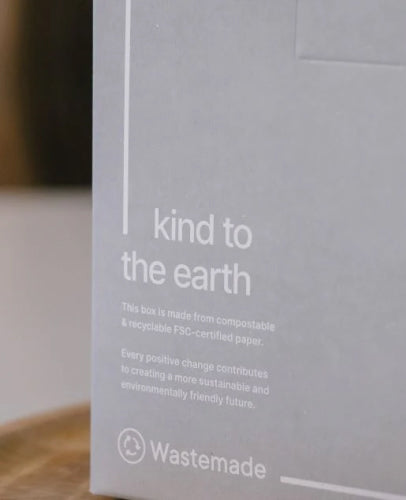
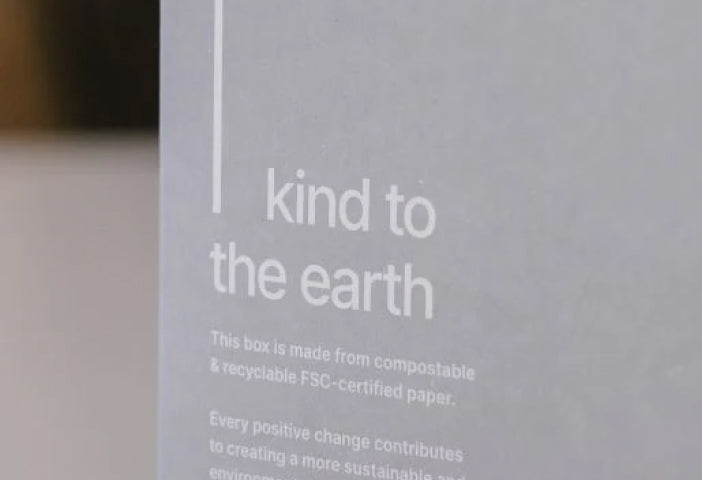
responsibility
We are dedicated to minimising our environmental impact. This commitment starts with partnering with suppliers who share our values and implement sustainable practices throughout the entire coffee journey. This includes responsible sourcing, eco-friendly packaging, and utilising innovative roasting technology like our IMF roaster, which reduces emissions up to 98% compared to traditional drum roasters.
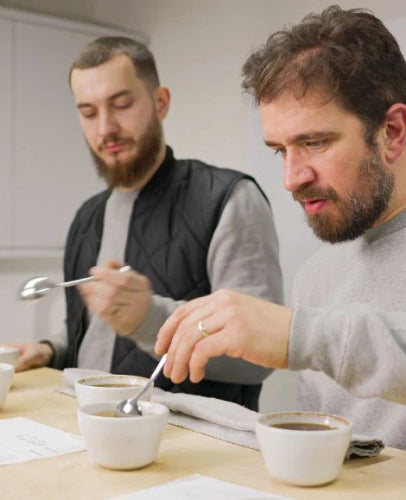
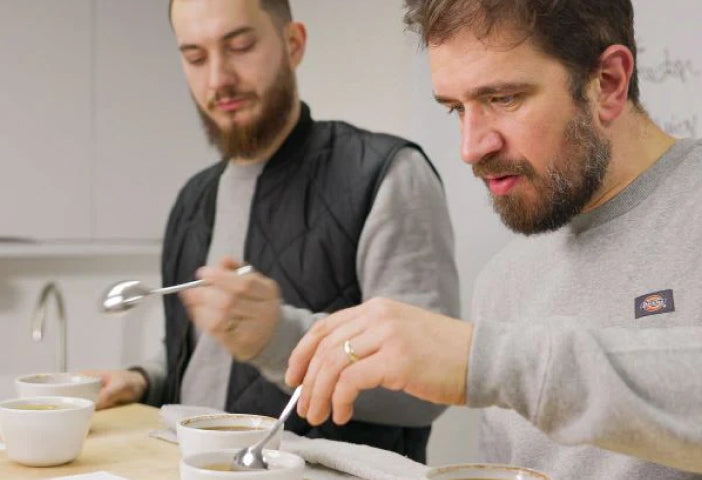
learn
Coffee is more than just a drink. It's an exploration of flavours, origins, and brewing methods. We're here to guide you, helping you find your perfect cup. We offer comprehensive training to our wholesale partners, and regularly open the roastery for interactive fun brew classes.
from journal
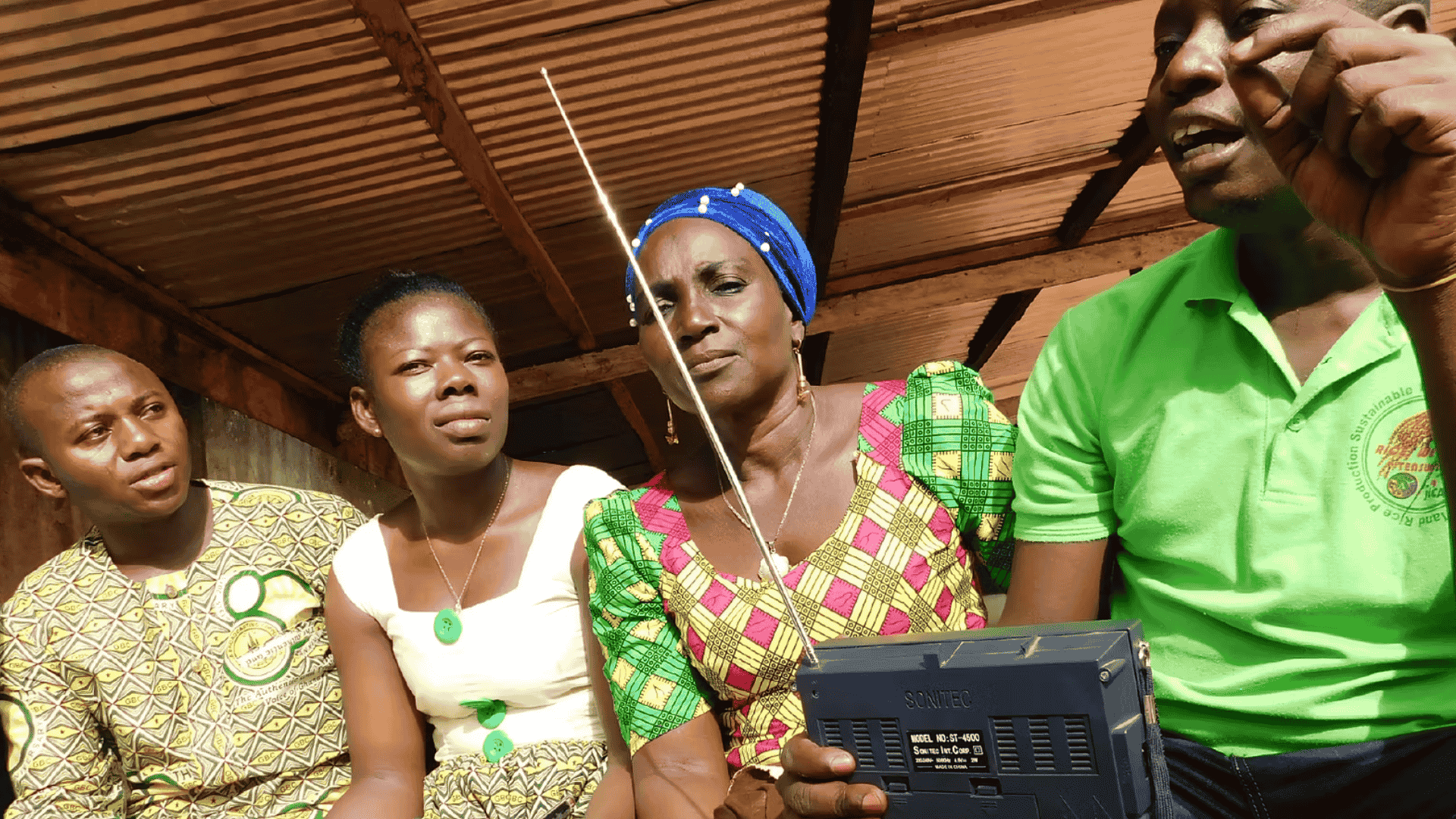
why giving a voice to coffee farmers matters
Coffee has always been about people, whether meeting for coffee or chatting over coffee. But for this special collaboration, we’re shining a light on the people behind coffee—the producers, farmers, and workers who make it all possible. voices that matter Farmers' Voice Radio exists to give a voice to these all-important people. An initiative of international non-profit the Lorna Young Foundation, Farmers' Voice Radio amplifies farmers' voices through locally-led radio programming—a widely accessible, low-cost medium that even farmers in the most remote locations can tune into. This work helps farming communities share knowledge, improve yields, adapt to climate change, and strengthen local networks—all vital to keep farmers and producers at the forefront of sustainable farming. This benefits farmers, roasters, and ultimately everyone who enjoys their cup of coffee. coffee seedlings being unpacked in peru (photo credit: Inchahuasi Valley Cooperative, Cusco, Peru) the benefits The large-scale impact of Farmers' Voice Radio is clear to the coffee industry when you pick through their incredible work to date, both through radio programmes reaching thousands of farmers delivered in partnership with local organisations, and through training agricultural officers on the Farmers' Voice Radio approach in their online Academy. 70,000 disease-resistant coffee seedlings planted by smallholder coffee farmers in Nyeri, Kenya Widespread adoption of stumping practices to rejuvenate older, low-yielding coffee trees by farmers on Mount Elgon, Uganda. You can hear directly from coffee farmers Esther and Agnes about this experience here. 50 individuals representing 24 coffee cooperatives from Peru, Colombia, Mexico, Honduras and Nicaragua with the skills and tools to deliver Farmers' Voice Radio programmes to their total membership of over 20,000 farmers Brighton Coffee Festival presents a unique opportunity to benefit this collective with a special collaborative coffee. the right coffee With such a worthy cause, Bell Lane Coffee is proud to support Farmers' Voice Radio with a special collaboration coffee for Brighton Coffee Festival. We’ve chosen a coffee from La Morena, an all-female coffee collective based in Guatemala. Led by Maria Renee Morales, La Morena is a shining example of female coffee producers working together while sharing knowledge and resources to build a stronger, more resilient community. At Brighton Coffee Festival, this coffee provides an opportunity to directly support farming communities. 25% of every sale will go directly to Farmers' Voice Radio, helping them continue their vital work across the globe. gail henshall of bell lane coffee at dublin coffee festival shared values Bell Lane Coffee and Farmers' Voice Radio first connected at Dublin Coffee Festival. There, Hannah Davis of Farmers' Voice Radio met Bell Lane’s Head of Sales, Gail Henshall, where the idea for this collaboration was born. "This is a natural fit for Bell Lane. It ties in with our B Corp values to benefit people and the planet, but more than that it's a chance to shine a light on, and raise funds for, some truly impactful work being done at origin," says Gail. "Coffee connects people everywhere," says Hannah. "This partnership with Bell Lane is a brilliant way to show how these connections extend from the coffee you drink all the way back to the producer who grows and cares for it." further support To learn more about Farmers' Voice Radio’s mission, and to support this amazing organisation directly, please visit them here. You can learn more on their latest projects and how their work directly benefits farmers on the ground. saudatu, farmers' voice radio listener and shea nut collector from ghana (photo credit: lorna young foundation)
Discover more
understanding washed coffees (and why we love them)
When it comes to discovering new coffees, processing method is one of the most powerful (and underrated) keys to flavour. Among all the options, we keep coming back to washed coffees for their clarity, precision, and transparent expression of origin. what is a washed coffee? Washed coffee, sometimes referred to as wet processed, refers to a post-harvest method where the coffee cherry’s pulp and mucilage are removed before the beans are dried. After picking, the cherries are pulped mechanically, and the sticky mucilage layer is broken down through fermentation in water tanks. Finally, the clean beans are washed again before drying. This process is designed to highlight the coffee's inherent qualities, bringing out the best from the varietal, the terroir, and the work of the farmer (as opposed to the influence of the coffee fruit’s sugars). a pulping machine at the izuba washing station, burundi how you know a washed bean If you've ever looked closely at a raw (green) washed coffee bean, you might notice a small white line (often called the "silver skin" or "parchment scar") running down the centre cut. While all beans technically have this, it tends to appear cleaner and more pronounced in washed coffees because of the thorough removal of fruit residues. After roasting, washed beans also tend to look slightly lighter and more uniform than naturally processed beans (which can appear patchier or more uneven due to the fruit sugars caramelising differently). washed coffee beans being dried in the sun on raised beds why do we love washed coffee? At Bell Lane, our Head Roaster Niko is drawn to washed coffees for their clarity and honest expression of origin. A well-executed washed coffee allows us to showcase the true character of a farm or micro-lot without distraction. We often describe these coffees as "clean," "bright," and "structured." Think well-defined acidity, layered florals, and transparent sweetness—qualities prized by both roasters and filter-focused coffee drinkers. In sourcing, we look for washed lots that really show off their origin. A washed Ethiopian might deliver jasmine and stone fruit notes with tea-like delicacy. A washed Kenyan might burst with blackcurrant and juicy citrus. By celebrating these profiles, we can support producers who are meticulous about picking and processing, rewarding quality at every step of production. explore our washed coffees If you're curious to dive deeper into the purest expressions of terroir and varietal, our washed coffee selection is a great place to start (or revisit). washed coffee beans with distinctive parchment scar at the centre of the bean Stay up to date on all things coffee by signing up to our newsletter.
Discover more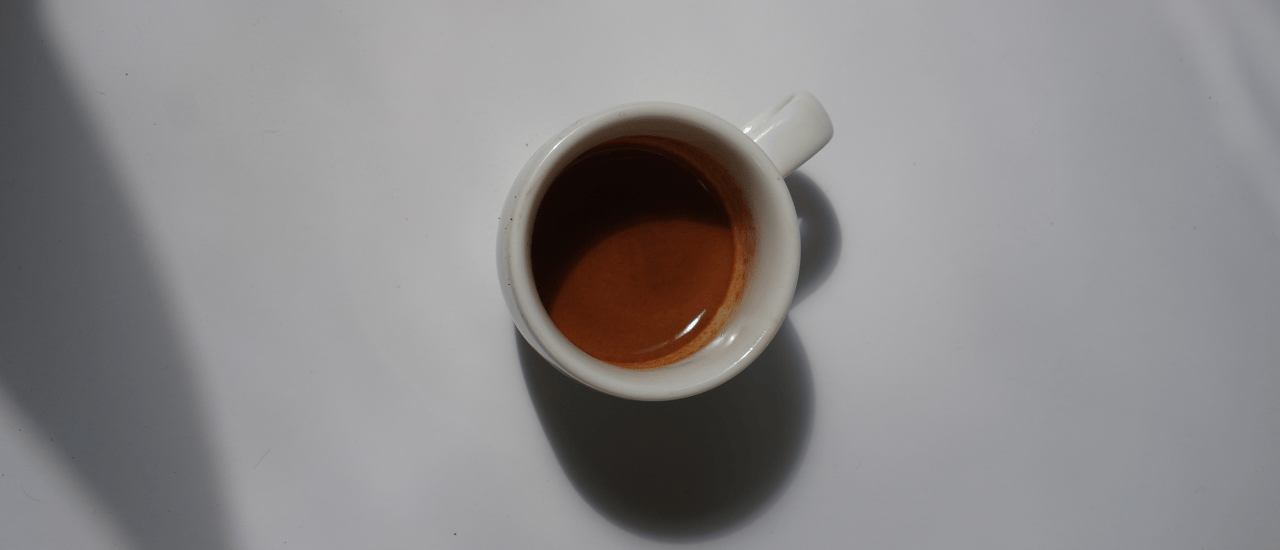
espresso vs. filter: what’s the difference and why does it matter?
If you’re just getting into coffee, you’ve probably heard people talk about filter and espresso. But what exactly sets them apart? And more importantly, which one is right for you? what is espresso? Espresso is coffee that is brewed under high pressure. In fact, the word espresso comes from the Italian esprimere, which means “to press out”. And that’s exactly what’s happening. Hot water is being pressed out, or forced through, very finely ground coffee at around 9 bars of pressure. This results in a small, concentrated shot of coffee usually delivered in around 25–30 seconds. Espresso itself can be brewed on a variety of different machines. It's the one you'll see in your local coffee shop, but there are also a variety of espresso machines which are made for home use. Espresso is intense, rich, and forms the base for drinks like flat whites, cappuccinos, and Americanos. ideal for: quick, concentrated coffee and milk based drinks one of the many types of home espresso machine what is filter coffee? Filter, also known as pour-over, gets its name from the filter that the coffee passes through. While espresso uses pressure, filter methods usually involve gravity doing the work. Water slowly filters through medium-ground coffee and a paper or metal filter. Brewing takes longer than espresso (typically 2–4 minutes), but the result is a cleaner, more nuanced, and often more aromatic cup. Think V60, Chemex, or AeroPress. These all fall under the filter umbrella. ideal for: considered, meditative coffee prep an example home filter setup what about moka? Moka pots fall somewhere in between. Sometimes referred to as stovetop espresso makers, Moka pots brew coffee by forcing steam-pressured water up through coffee grounds. However, because the pressure is lower than espresso, the resulting coffee is not as strong or concentrated as a true espresso. That said, it is stronger and more concentrated than filter. Moka is a great in-between option. Perfect if you want something bold with minimal set up. ideal for: espresso-like coffee with minimal equipment coffee pressing up and out through a moka pot what about aeropress? The AeroPress is a portable brewer that uses gentle pressure to create a cup that also sits somewhere between filter and espresso. While it uses a filter (paper or metal), it can make espresso-style coffee. It's smooth, versatile, and travel-friendly. One great advantage of an AeroPress is that can be used to brew coffee that has been roasted for espresso or filter. ideal for: versatile, on-the-go brewing aeropress why does all of this matter? Knowing the difference between coffee types helps you choose the right coffee and equipment for your preferred taste, timing, and lifestyle. If you want a quick, intense cup with crema and punch, then espresso is for you. If you prefer a cleaner coffee and you have the time to make it, make filter your go-to. If you fall somewhere in between, it's worth exploring both moka pot and Aeropress. summary Choosing the right method for you isn’t just about taste, it’s also about the kind of ritual or routine you want to create for yourself. Over time, you might even find that you need a mix of both—espresso during the week and more meditative filter at the weekend. If and when you perfect your routine, you can always save with a subscription at Bell Lane. We offer subscriptions for both espresso and filter drinkers, delivered to your door every month. Stay up to date on all things coffee by signing up to our newsletter.
Discover more